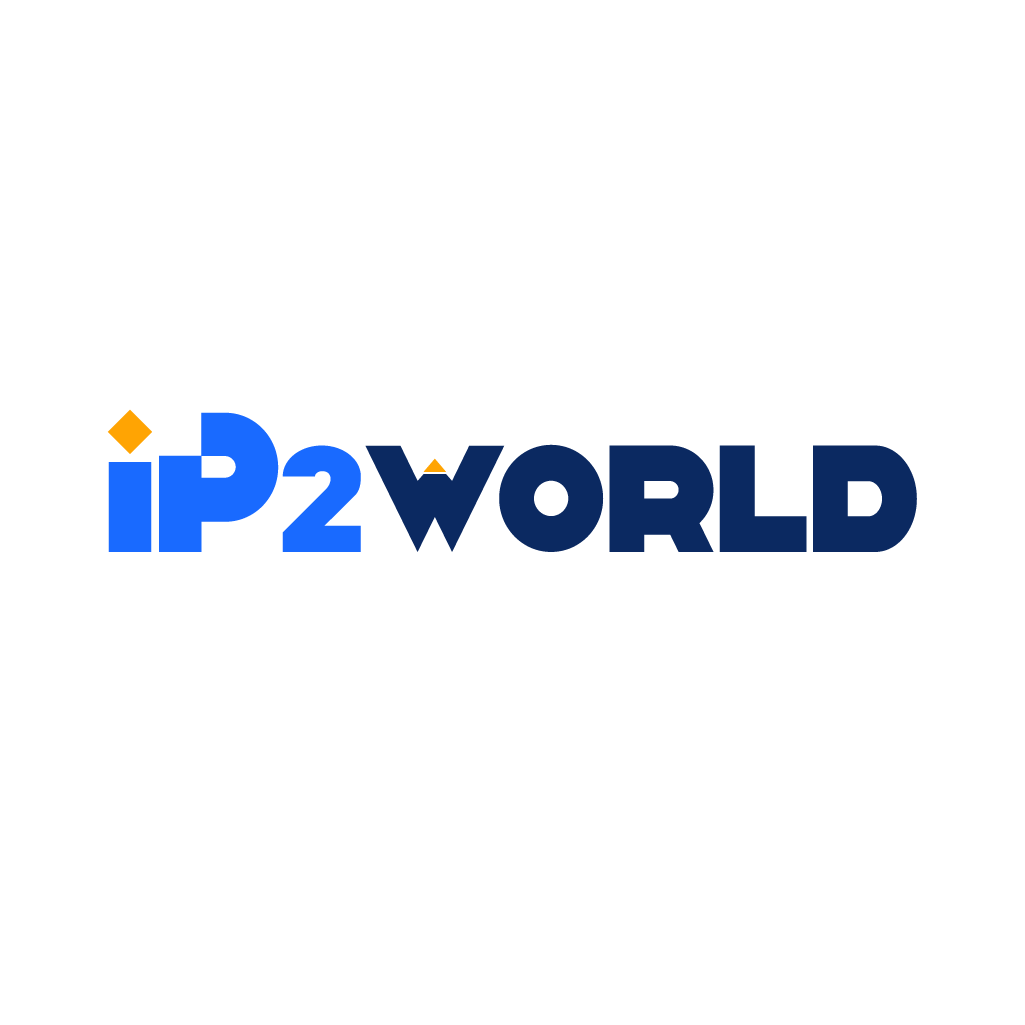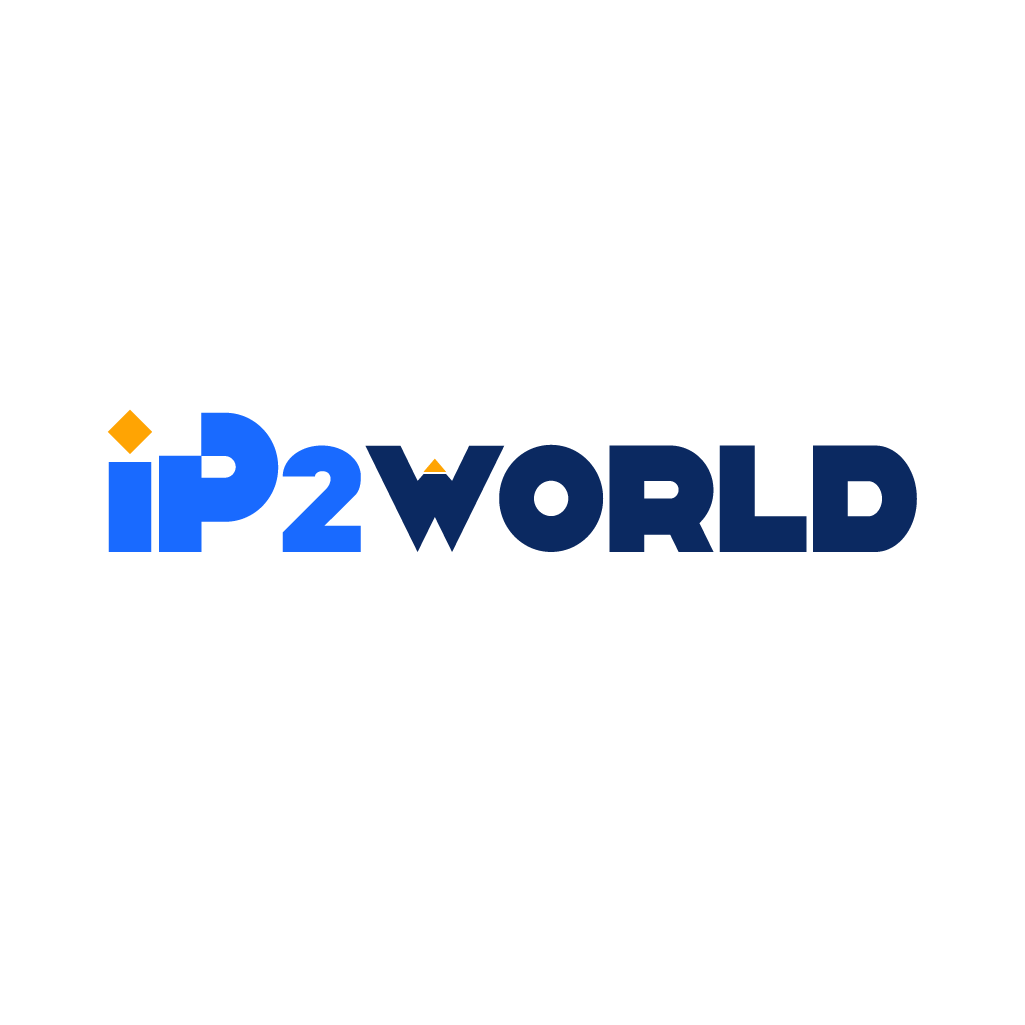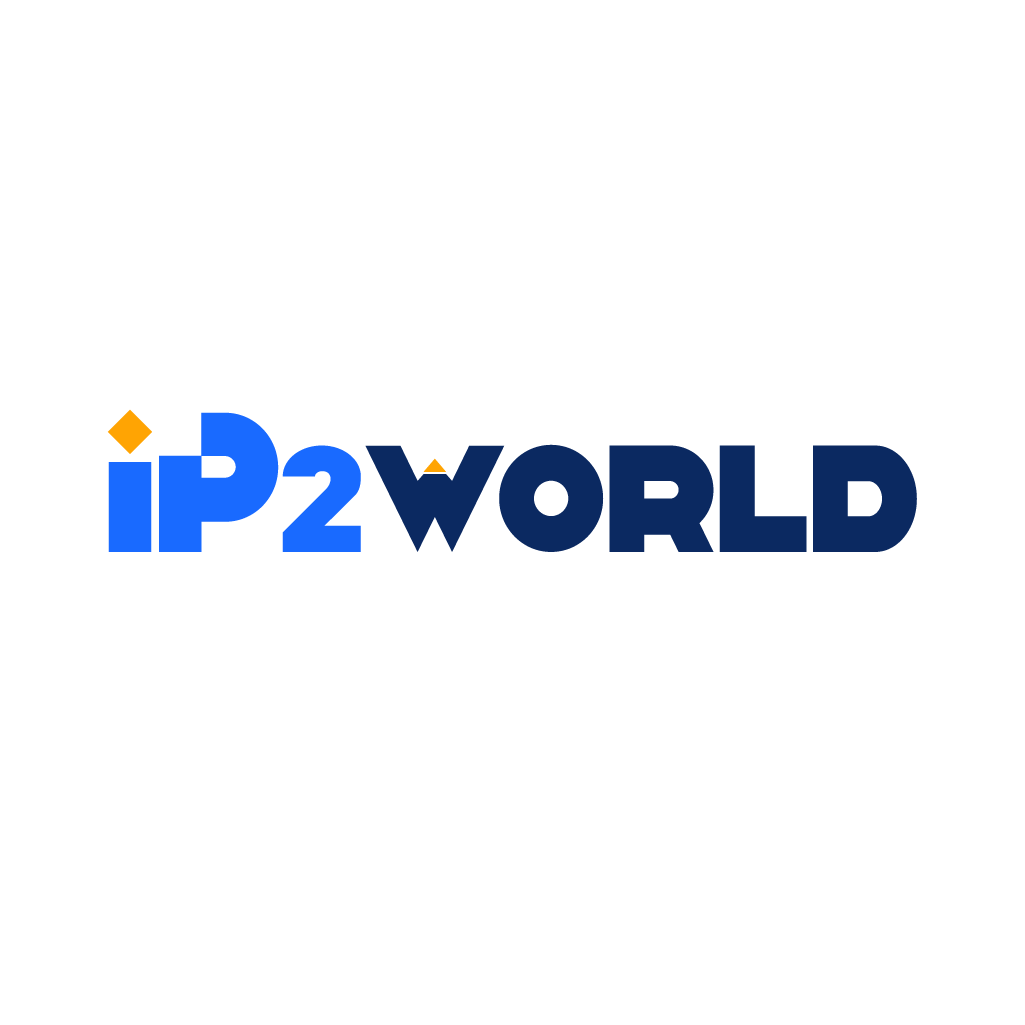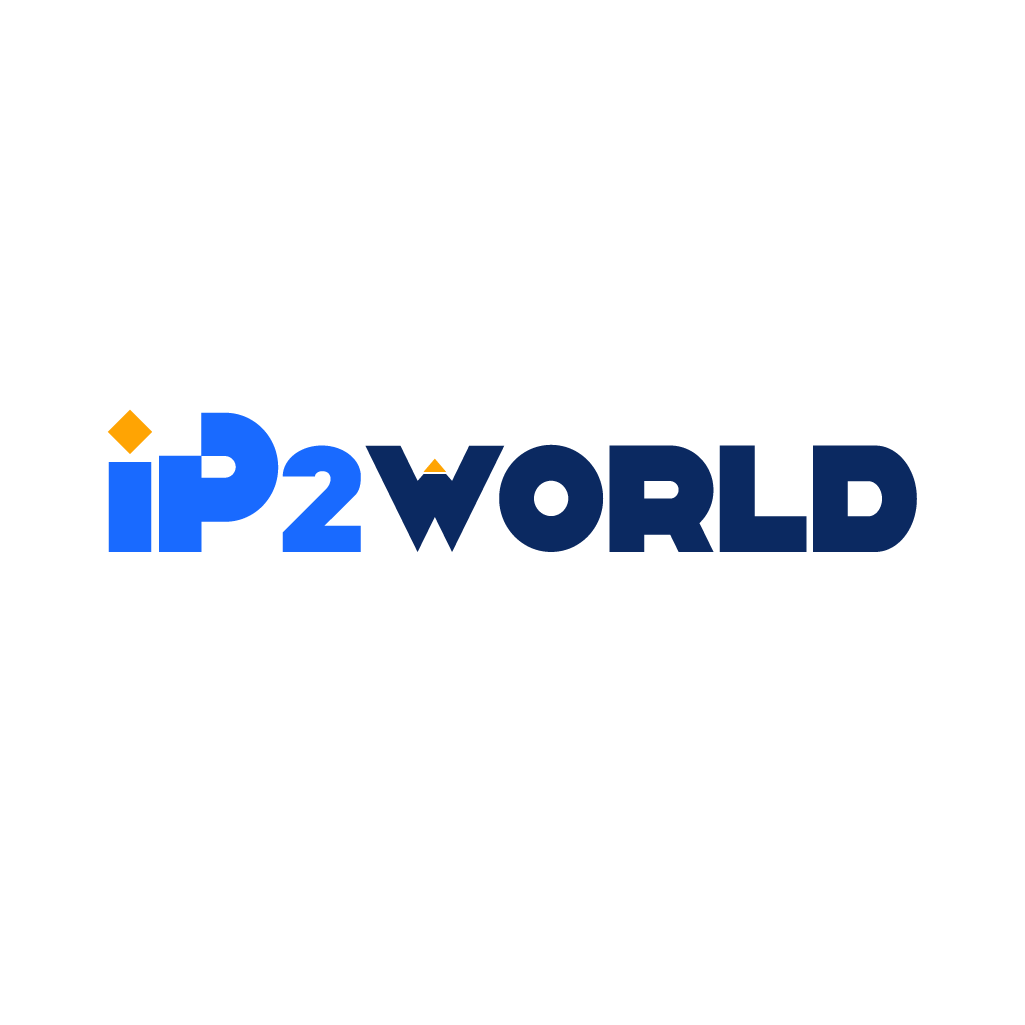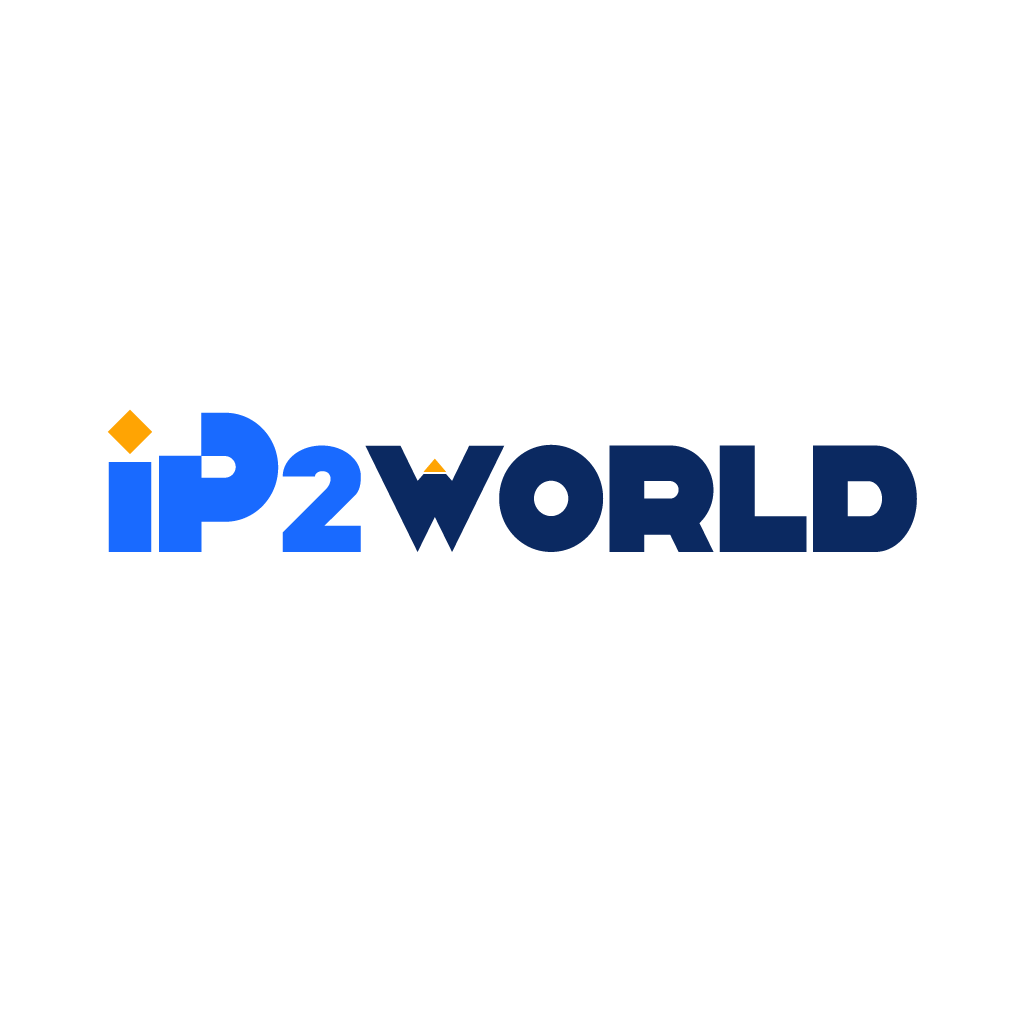IntroductionIn today's interconnected world, the internet has become the backbone of various activities—be it business analytics, media consumption, or personal privacy. One critical challenge, however, remains: navigating the complex landscape of IP restrictions, geo-blocks, and data protection. This is where the significance of rotating IPs and residential proxies comes into play. From web scraping and SEO monitoring to maintaining online privacy and accessing restricted content, these technologies serve as a multifaceted tool for achieving numerous objectives. In this comprehensive guide, we'll explore diverse use-cases for rotating IPs and proxies, diving into their real-world applications. We will also provide a step-by-step guide on how to implement rotating residential proxies effectively. Web Scraping and Data MiningWhy it's Important: Web scraping and data mining are essential for various fields like market research, sentiment analysis, and competitive benchmarking. However, scraping large volumes of data from websites often triggers anti-bot mechanisms that can block your IP address, hindering your data collection process. How Rotating Residential Proxies Help: Rotating residential proxies mitigate this risk by continuously changing your IP address, making it difficult for websites to identify and ban your activities. Because these proxies use residential IP addresses, they are less likely to be flagged as bots, ensuring you can scrape data effectively and efficiently. Real-World Application: Consider an e-commerce company looking to monitor competitor prices. Using rotating residential proxies, the company can scrape pricing data from multiple competitors without triggering anti-bot mechanisms, thereby gaining valuable market insights. Online PrivacyWhy it's Important: With increasing concerns about data privacy and surveillance, many individuals are looking for ways to protect their online activities. How Rotating IPs Help: Rotating IPs mask your actual IP address, effectively making your online activities anonymous. This is particularly useful when using public Wi-Fi networks, which are often less secure and more susceptible to hacking. Real-World Application: Imagine you are a journalist working on a sensitive story. Using rotating IPs, you can conduct your research without exposing your location or identity, thereby ensuring your privacy and safety. Access to Restricted ContentWhy it's Important: In an increasingly globalized world, geographical content restrictions can be a significant hindrance. Such restrictions are often encountered in journalism, academia, and entertainment. How Rotating Residential Proxies Help: Rotating IPs allow you to bypass geo-restrictions by making it appear as if you are accessing the web from a different location. Real-World Application: For instance, a consumer in Europe could use a rotating residential proxy to access a streaming service’s U.S.-specific catalog, thus enjoying a broader range of content. SEO MonitoringWhy it's Important: Effective SEO is essential for the visibility and success of online businesses. However, SEO data can vary based on location, making it challenging to get an accurate picture of your site's performance globally. How Rotating IPs Help: Rotating IPs allow SEO professionals to view localized search engine results from various geographical regions without being flagged for suspicious activity. Real-World Application: An online retailer looking to expand globally could use rotating IPs to understand how well they rank for specific keywords in different countries, enabling them to tailor their SEO strategies accordingly. Load TestingWhy it's Important: Before launching a website or application, it is crucial to understand how it performs under varying levels of user traffic and interaction to ensure it doesn't crash during peak times. How Rotating IPs Help: By simulating traffic from multiple locations, rotating IPs offer a more realistic load testing environment. This allows developers to identify bottlenecks and optimize performance ahead of a public launch. Real-World Application: Suppose a new online game is about to be launched. The developers could use rotating IPs to simulate users from around the world logging in and playing simultaneously, thereby ensuring that their servers can handle the load and offer a smooth user experience. Each of these use cases demonstrates the versatility and necessity of rotating IPs and residential proxies in contemporary online activities. Whether for business or personal use, they offer solutions that address both performance and security concerns. How to Implement Rotating Residential Proxies Selecting a Provider IP2World Proxy Why It's Crucial: The provider you choose sets the stage for your project's success. A subpar provider could lead to IP bans, slower data collection, or even security risks. Considerations: Look for a provider that offers a range of IP locations, high uptime, and excellent customer service. Services like IP2World offer a portfolio of residential IPs backed by robust security features and dependable uptime. Real-World Example: Imagine you're running a digital marketing agency and you need to scrape SEO data across various countries. A reliable provider like IP2World can offer you a diversified range of IP locations, which is invaluable for global data collection. Setting Up Your Rotating Proxy Why It's Necessary: Proper setup is critical to ensure that the proxy works as expected. A misconfigured proxy can lead to data loss or ineffective IP rotation. Steps: Once you've chosen a provider, you will generally receive proxy ports and API endpoints. These are designed to handle complex functionalities like automatic IP rotation, thus simplifying the setup process. Real-World Example IP2World Proxy API: Let’s say you're setting up a proxy for web scraping. After receiving the proxy ports and API endpoints from your provider, you can easily integrate them into your scraping code, allowing you to start collecting data without worrying about IP bans. Configuration and Testing Why It's Important: Testing ensures that your rotating residential proxy is correctly configured and works as intended. It's a crucial step to prevent any issues during actual data collection or other activities. Steps: Before fully integrating the proxy into your system, run tests to check speed, uptime, and compatibility with your applications. This gives you a chance to tweak settings for optimal performance. Real-World Example: Suppose you're using proxies for load testing a new website. You would perform several dry runs to ensure that the IPs are rotating as expected and that the site can handle the simulated load without crashing. Continuous Monitoring and Adjustment Why It's Essential: The internet is a dynamic environment. What worked yesterday may not work today due to changes in website algorithms, regulations, or even the proxy IPs themselves. Steps: Keep an eye on performance metrics such as speed, success rate, and uptime. If you notice a decline in performance or an increased rate of blocked requests, it might be time to adjust your settings or consult your provider. Real-World Example: An e-commerce website using proxies to monitor competitor prices would need to continuously verify that they are not being blocked or served misleading data. Real-time adjustments could include changing the frequency of requests or switching to different IP ranges. Legal and Ethical Considerations Why It's Vital: Ignorance of the law is no defense. Knowing the legal landscape around using proxies not only keeps you out of trouble but also ensures that you maintain ethical standards. Steps: Always read and understand the terms of service of the websites you interact with. Abiding by these terms and complying with local and international laws makes your operation both ethical and sustainable. Real-World Example: A data analytics company would need to ensure it is not violating any terms of service when scraping data. If scraping is against the website’s terms, the company must decide whether the potential legal risks are worth taking. By taking these considerations and steps into account, you can implement rotating residential proxies that are not just effective but also legally and ethically sound. This ensures that you get the most value out of your investment while minimizing risks. ConclusionRotating IPs and residential proxies aren't just optional tools for the tech-savvy—they're essential resources for anyone who is serious about unlocking the full potential of the internet. By understanding their various use-cases, such as web scraping, SEO monitoring, online privacy, and more, one can significantly enhance both performance and security. Moreover, choosing the right provider and continually monitoring your setup can make a world of difference in your online activities. Lastly, while technology offers us numerous capabilities, it's equally crucial to keep legal and ethical considerations in mind. Adopting a responsible approach ensures not only the effectiveness of your activities but also their sustainability and ethical standing. Make the most out of your online world by implementing rotating residential proxies and IPs today.
2023-08-26
